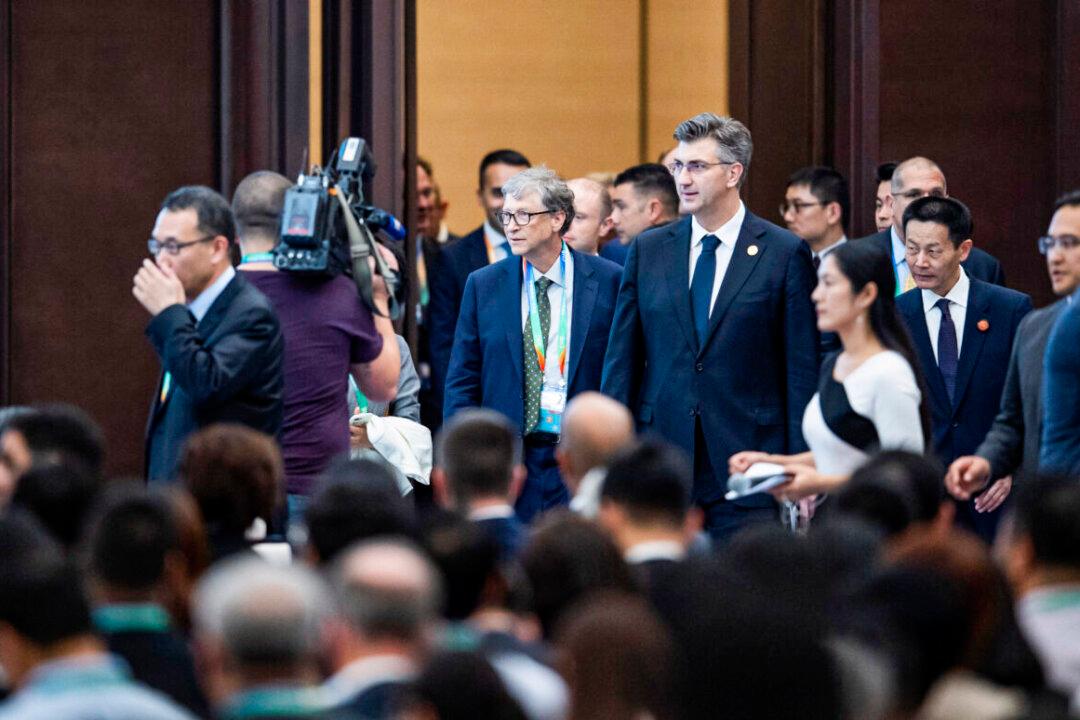A number of U.S. government officials recently took part in a virtual agriculture event co-hosted by a Beijing-backed influence association that has ties to Bill Gates.
The U.S. Heartland China Association (USHCA), a 501(c)3 nonprofit founded in 2003, held the 2022 U.S.–China Agriculture Roundtable earlier this month. The online event was co-hosted by the Chinese People’s Association for Friendship with Foreign Countries (CPAFFC).





